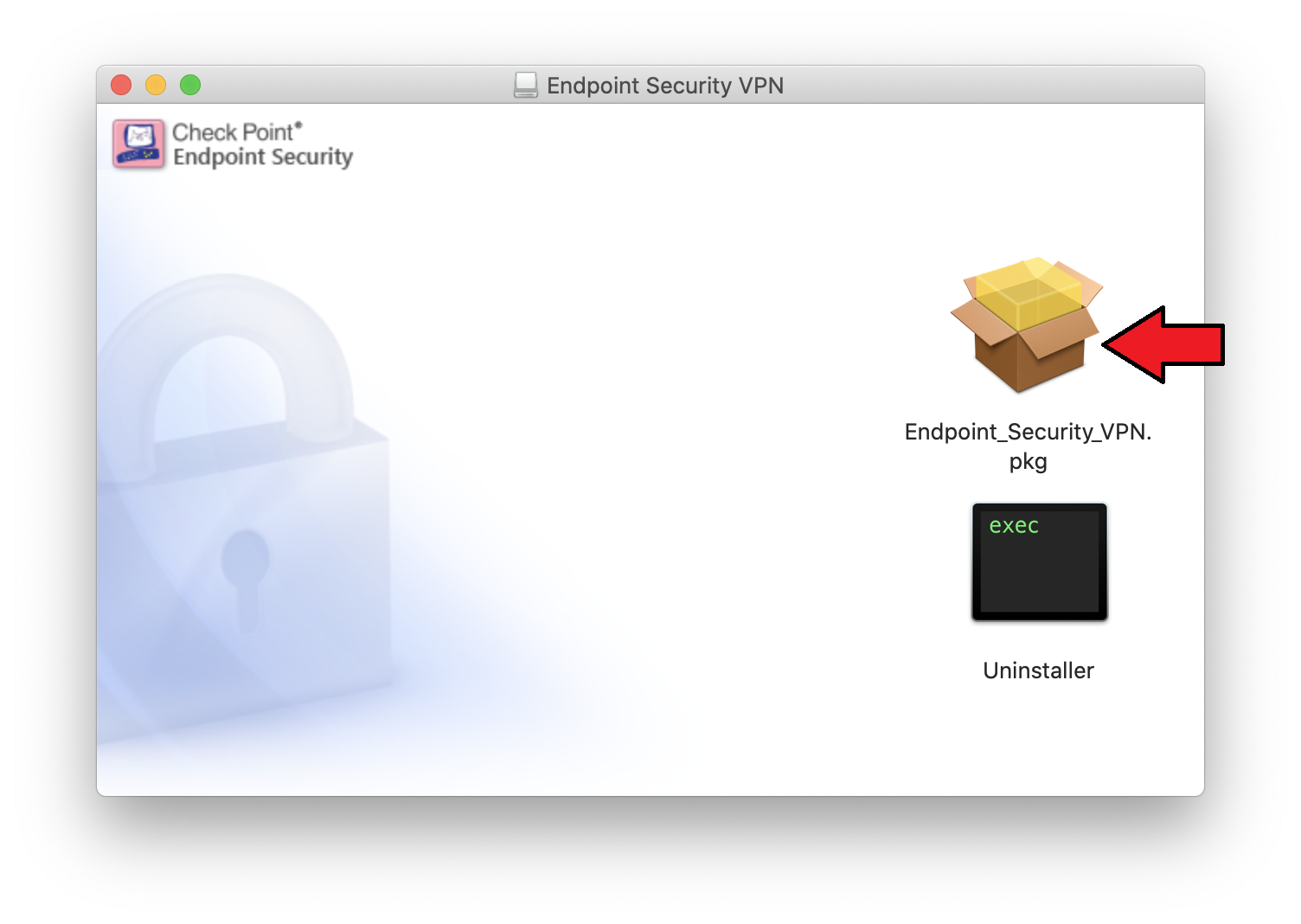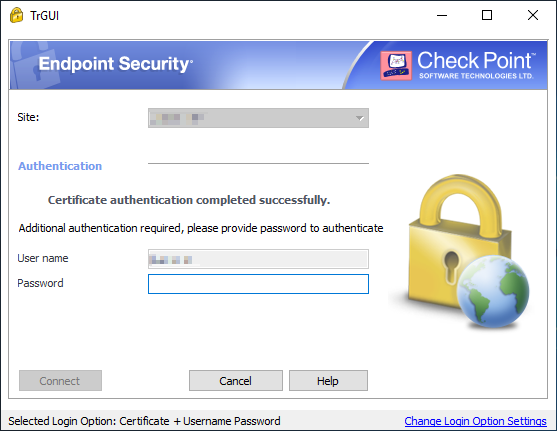

#Check point endpoint security vpn for mac os 10.13 full
In addition, although not a showstopper for developing a Full Disk Encryption Solution, another macOS security feature should be mentioned: From a security perspective, an enterprise is not recommended to disable or to relax SIP. SIP can be disabled or relaxed but that requires a user to boot into macOS recovery. This is typically needed by a Full Disk Encryption solution when enabling boot from the pre-boot volume.

One SIP feature is to prevent any third party application from changing the boot volume. SIP (System Integrity Protection) was introduced already in OS X 10.11 and further enhanced in macOS 10.13.As a result, a third-party Full Disk Encryption can not encrypt individual APFS volumes but only the entire APFS container (including macOS recovery partition). Apple does not expose which physical disk sectors are used by a specific APFS volume, and Apple does not provide third-party vendors with an APFS encryption filter API. The synthesized disk is an Apple proprietary container stored on a GPT volume of type APPLE_APFS. macOS is booted from an APFS volume which reside inside a synthesized disk.

APFS (Apple File System) is a new container-based file system.In essence, the macOS security domain has become more proprietary to Apple. MacOS 10.13 has new security features which prevent third-party vendors from implementing a Full Disk Encryption Solution.


 0 kommentar(er)
0 kommentar(er)
